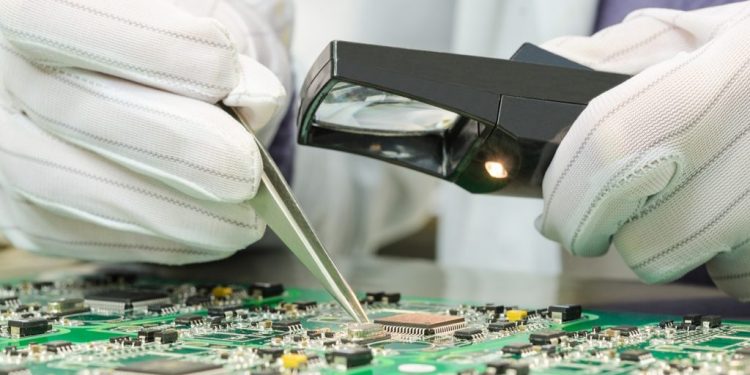Launch Date
20 September 2017
Goal by 2020
- Value-add worth $22.2 billion
- 2,100 new jobs for professionals, managers, executives and technicians
Key Initiatives
Increasing efficiency
- The Government will work with companies to help them increase productivity by adopting advanced manufacturing technologies, reducing operating costs and optimising resources.
- To support the growth of local and global manufacturing companies, JTC will continue to invest in infrastructure solutions and innovative spaces that meet their needs.
Building an ecosystem
- The Singapore Economic Development Board and Enterprise Singapore will look at convening multi-innovation platforms and fostering collaborations amongst multinational companies, small- and medium-sized enterprises and startups.
- Companies are encouraged to leverage the Partnerships for Capability Transformation scheme for knowledge transfer, capability upgrading and co-development of new solutions.
- Forging partnerships with trade associations and chambers to transform the industry. The Singapore Semiconductor Industry Association for instance, has already set out a three-year plan to review its charter and expand its resources to better support the industry.
Upskilling workers
- The Skills Framework identified 29 job roles along or across two career pathways – the technical and engineering track, and the management track. It listed 58 skills and competencies required, including emerging areas of artificial intelligence, Internet of Things, data analytics, robotics and automation.
- The Electronics Engineer and Electronics Assistant Engineer Professional Conversion Programmes (PCPs) were added to the four PCPs rolled out in 2016 to reskill PMETs for the Wafer Fabrication and Assembly and Test sectors.
Click here to view the Electronics Industry Transformation Map in full.

